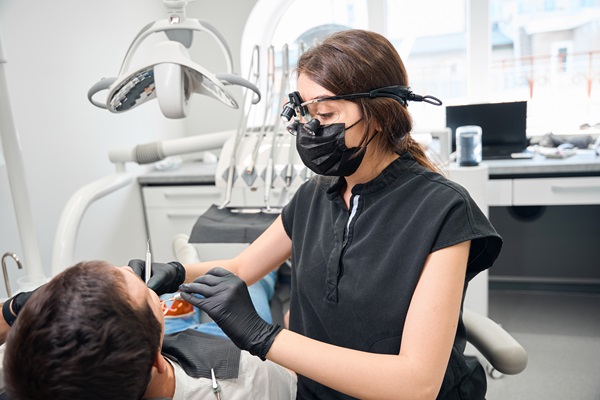Guide To Thumb Sucking and Children’s Teeth

Thumb sucking often commences in the womb, setting the stage for destructive contact with children's teeth. Infants tend to continue this habit in the early years of childhood. The question is whether thumb sucking has the potential to damage children's teeth. Indeed, thumb sucking has the potential to spur developmental problems in the little one's mouth.
If this habit is allowed to continue through childhood, it will prove that much harder to break. Thankfully, most youngsters outgrow this potentially harmful habit before it can cause significant problems.
Child Thumb Sucking: Stop It or Let It Be?
The traditional approach to thumb sucking is to let the child be. The average parent and dentist rightfully assume the child will outgrow the habit in due time. Yet this approach does not always prove effective. If the habit continues through childhood, it might be necessary to involve an orthodontist.
The bottom line is the longer this habit continues, the more difficult it will be to resolve. This is precisely why more and more parents and dentists are putting a stop to children's thumb sucking at an early age.
When Should a Child Stop Sucking his or her Thumbs?
In general, thumb sucking should stop after the child reaches six months of age. The earlier you can get your little one to stop sucking his or her thumb, the better the results will be. However, it is important to note there are some benefits of thumb sucking.
Like sucking on a pacifier, thumb sucking helps your child develop powerful jaw muscles. Once your infant has sucked his or her thumb to the point that the jaw muscles are strengthened, this habit is no longer necessary.
The Risks of Thumb Sucking
Do not believe the hype that thumb sucking is a beneficial habit in terms of child psychology. Thumb sucking is not a comfort habit after the initial year. At this point, sucking the thumb will only make the child zone out rather than engage in the surrounding environment. So do not assume letting your child suck his or her thumb is a harmless habit that provides a calming sensation.
The truth is this is a destructive habit in more ways than one. Thumb sucking will keep your child tuned out from everything around him. In fact, thumb sucking is even a threat to baby teeth that require ample space to grow properly and establish the path for adult teeth. As you child sucks his or her thumb, the force has the potential to tip the teeth forward. This tipping of children's teeth can spur several malocclusions
The types of malocclusions include an anterior open bite (front teeth that do not come together), an anterior excessive overjet (deep overbite in which teeth overhang those below) and a posterior crossbite in which the molars underbite while the teeth overbite, spurring a misalignment. It is clear thumb sucking is a problem every parent should be aware of. If you have any questions or concerns about children's teeth and thumb sucking, reach out to your dentist for assistance.
Please call Ping Hai DDS today at (770) 239-2722!



